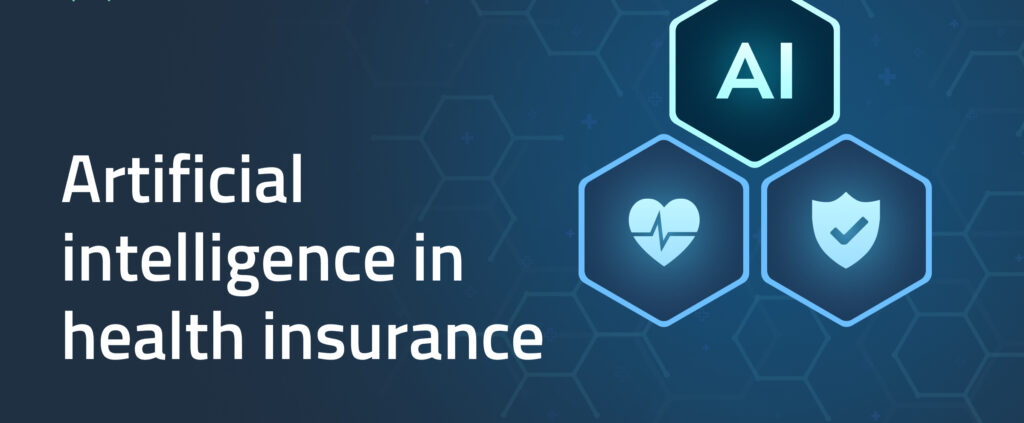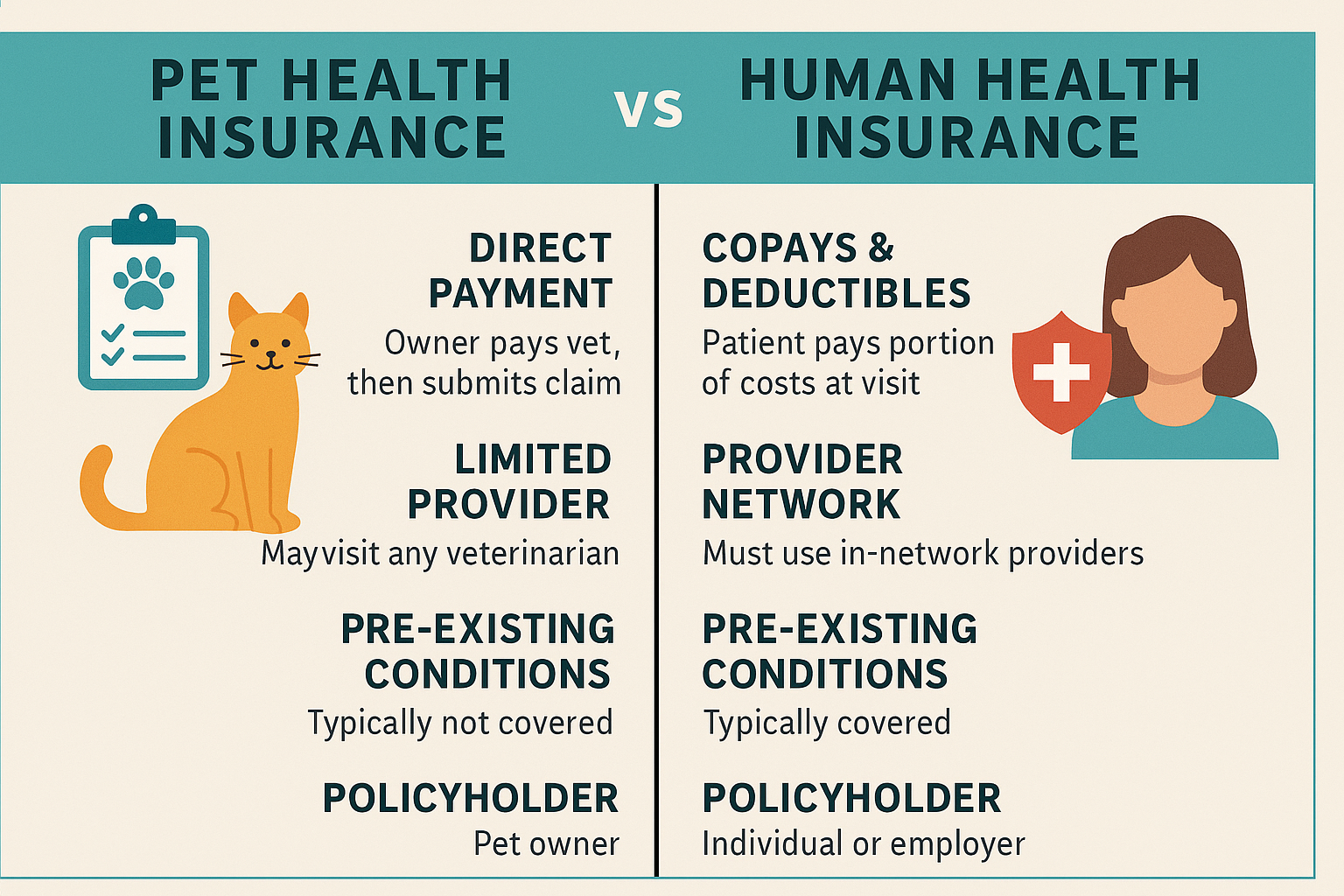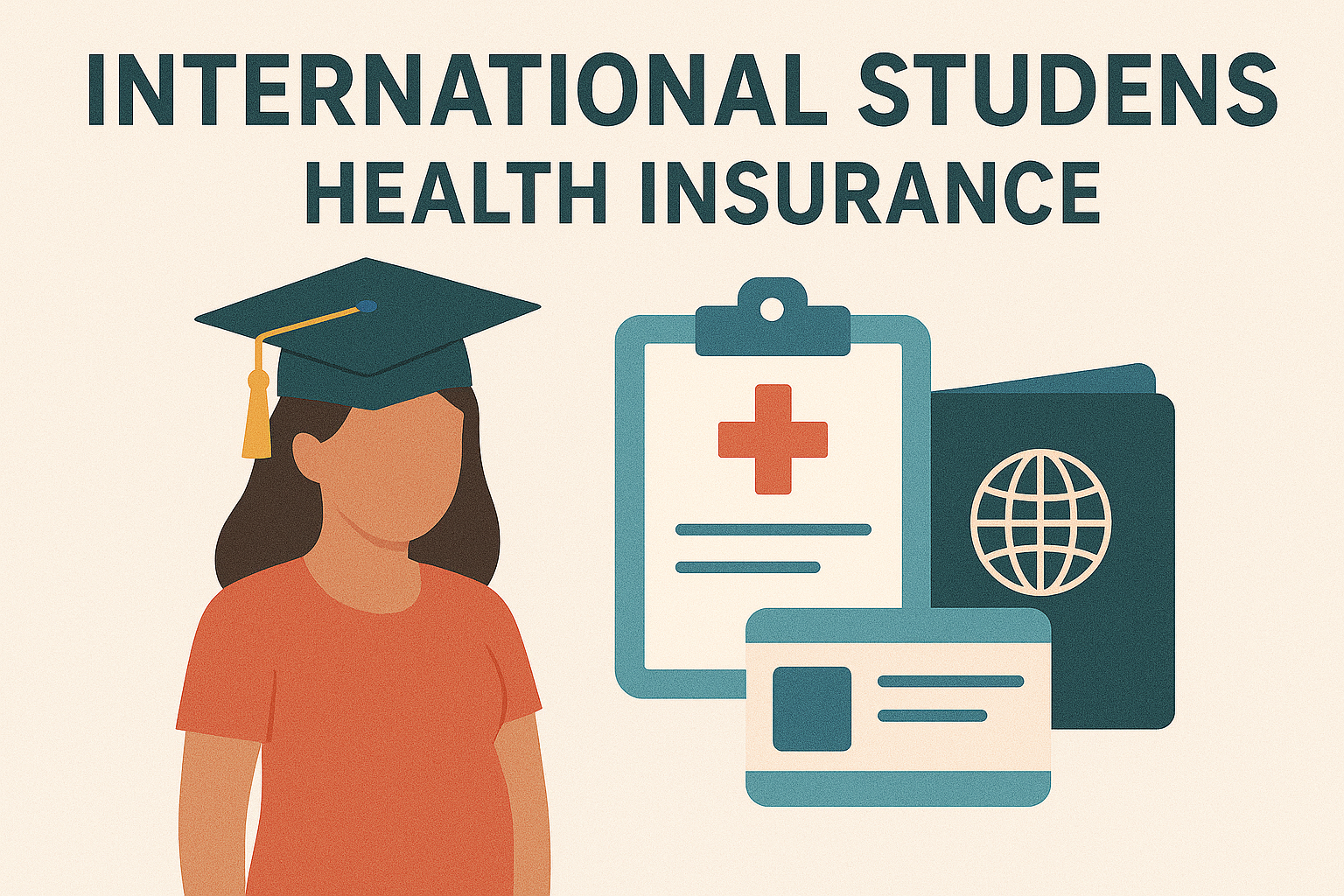
How AI Is Changing the Health Insurance Industry in 2025
Artificial Intelligence (AI) is transforming nearly every sector of the global economy, and the health insurance industry is no exception. In 2025, AI is not just a futuristic buzzword—it’s a powerful force reshaping how insurers operate, deliver services, and interact with policyholders. From automating administrative tasks to delivering predictive analytics and enhancing customer service, AI is creating a more efficient, accurate, and personalized insurance landscape that benefits both providers and consumers.
One of the most significant impacts of AI in the health insurance industry is its ability to streamline underwriting processes. Traditionally, underwriting involved manual review of an applicant’s health history, medical records, and risk factors—a time-consuming and often error-prone task. Today, AI-driven algorithms can analyze vast amounts of data in real-time, producing faster and more accurate risk assessments. This not only reduces administrative costs but also enables insurance companies to offer more competitive pricing, tailored coverage options, and faster approvals, improving the overall customer experience.
Claims processing is another area where AI is revolutionizing the industry. In the past, policyholders often faced long wait times and complicated paperwork when filing claims. With the integration of AI, health insurers now use intelligent systems to automate claims evaluation, detect inconsistencies, and process reimbursements faster than ever. Natural language processing (NLP) allows AI to interpret clinical documents, while machine learning models identify patterns that help prevent fraudulent claims. This increases efficiency and helps insurers allocate resources more effectively while reducing instances of fraud and abuse.
Customer engagement has also seen a dramatic shift in 2025, thanks to AI-powered chatbots and virtual assistants. These tools provide 24/7 support, answering policyholder questions, explaining coverage details, assisting with plan selection, and even guiding users through claim submissions. Unlike traditional customer service, AI-driven communication is instant, scalable, and increasingly capable of understanding user intent. This leads to higher satisfaction levels and frees up human agents to handle more complex inquiries. Personalized digital experiences are now the norm, allowing insurers to meet the evolving expectations of tech-savvy consumers.
In addition, AI’s predictive analytics capabilities are helping health insurance companies proactively manage risk. By analyzing behavioral and health-related data from wearable devices, medical records, and lifestyle patterns, AI can forecast potential health issues and suggest preventative measures. This shift from reactive to proactive care benefits both insurers and insureds by reducing the cost of long-term treatments and improving overall health outcomes. Insurance companies can use this data to encourage healthier behaviors among policyholders through customized wellness programs and incentives.
Furthermore, AI plays a key role in enhancing regulatory compliance and data security—two critical concerns in the health insurance industry. Advanced algorithms help identify regulatory violations and ensure adherence to complex legal frameworks like HIPAA. AI tools can monitor data usage and access in real-time, reducing the risk of breaches and improving overall trust in digital healthcare systems. In a highly regulated environment, this kind of oversight is invaluable for protecting sensitive patient information and maintaining compliance.
In conclusion, AI is no longer a supplementary tool—it is a foundational technology that is redefining every aspect of the health insurance ecosystem in 2025. From automating operations and enhancing customer support to personalizing care and improving risk management, artificial intelligence is creating a smarter, more efficient, and more consumer-friendly industry. As AI continues to evolve, its role in health insurance will only expand, offering unprecedented opportunities to improve healthcare access, affordability, and quality. For insurers, adapting to this technological evolution is not optional—it is essential for survival and success in the digital age.



